Less press freedom than ever in Egypt, 10 years after revolution
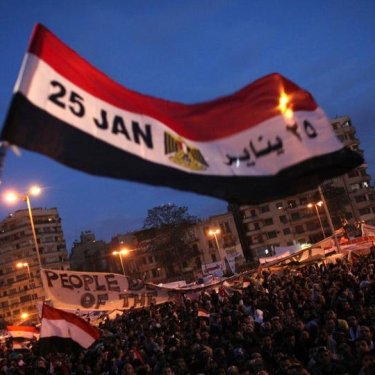
On 25 January, Egypt will mark the 10th anniversary of the revolution that toppled President Hosni Mubarak in 2011 and led to Mohamed Morsi’s election as president the following year, while Reporters Without Borders (RSF) continues to deplore the crackdown on the media and arrest of more than 100 journalists since Gen. Abdel Fattah el-Sisi ousted Morsi in a coup in July 2013.
The 25 January revolution raised many hopes and the anniversary has been a holiday for most Egyptians ever since, although little remains of the revolution now and the day is now above all used by pro-government TV channels to celebrate President Sisi and the security forces.
Broadcasts praising the restoration of stability and security are now routine in Egypt. By filling the airwaves, they help to conceal criticism of an army general who seized power in a military coup against Egypt’s first democratically elected president, a civilian who owed his election to the Muslim Brotherhood’s Islamist movement.
The almost complete lack of coverage of Morsi’s premature death in detention in June 2019 is typical of the “Sisification” of Egypt’s media, in which they have been brought under authoritarian control and completely reconfigured in order to better reflect the official discourse embodied by Sisi.
“Ten years after the Egyptian revolution, Abdel Fattah el-Sisi’s government has muzzled the country’s journalists and media,” said Sabrina Bennoui, the head of RSF’s Middle East desk. “Journalists can no longer say what they think and have no choice but to repeat the official line or risk being jailed for threatening the state’s stability.”
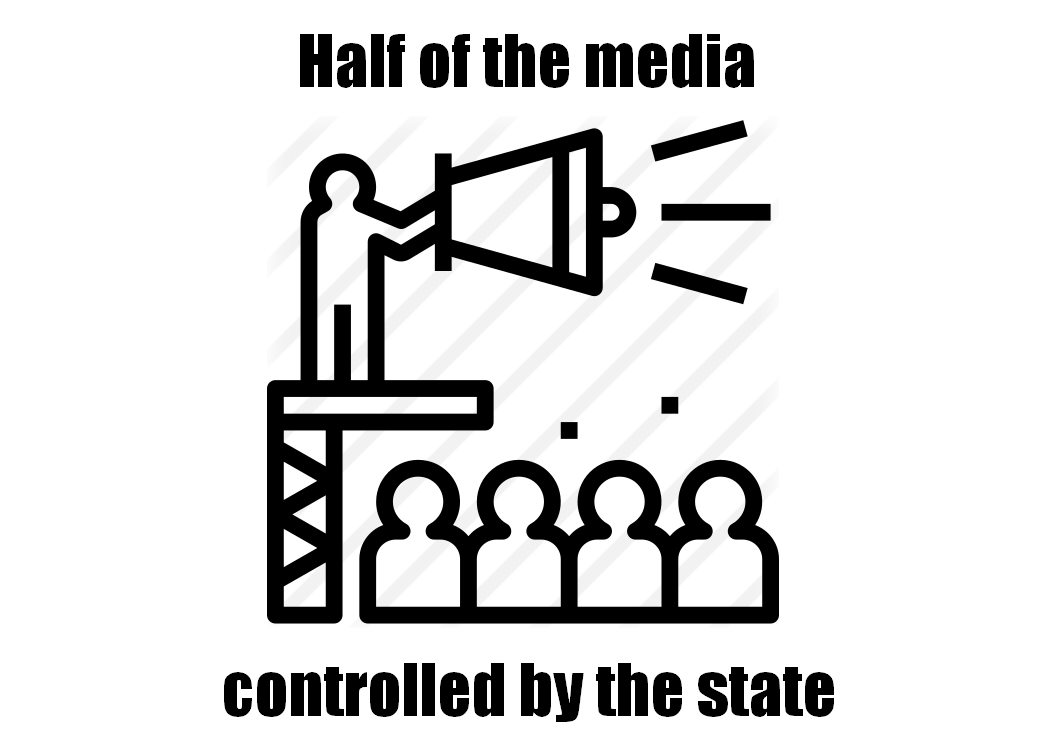
A few years sufficed to transform the media landscape. RSF’s Media Ownership Monitor project calculated that nearly half of the country’s most popular media are now controlled by the state via official agencies or the intelligence services. And those that are not owned by the state are owned by pro-government businessmen.
Turning point
The takeover of the media required a ruthless crackdown. The few surviving independent media are censored online by the authorities. In all, more than 500 websites are blocked, including the site of one of the last major independent media outlets, Mada Masr, whose offices were recently searched and whose editor, Lina Attalah, the winner of the 2020 RSF Press Freedom Prize for Independence, was briefly detained.
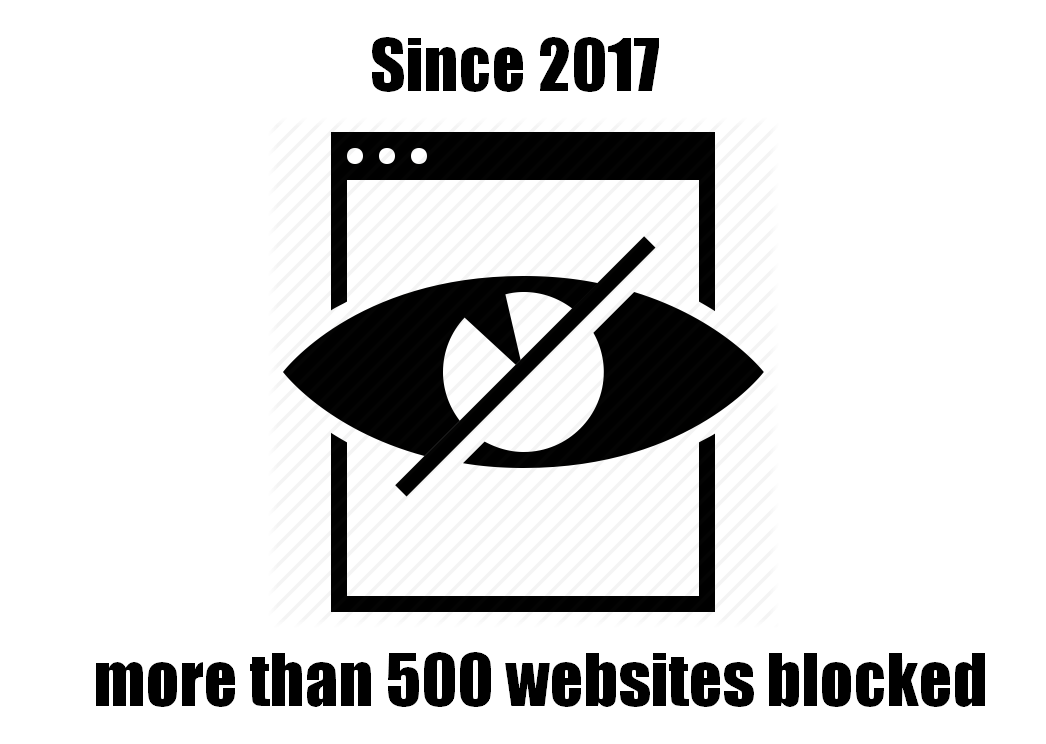
Arrests of journalists surged after the coup against Morsi. According to RSF’s tally, more than 100 have been subjected to arbitrary arrest or imprisonment since January 2014. Arrests increased in frequency again in 2017, when the government adopted an arsenal of anti-terrorism laws and created a new agency, the Supreme Council for Media Regulation. Since then, journalists have been systematically arrested on suspicion of “membership of a terrorist group” and “spreading fake news.”
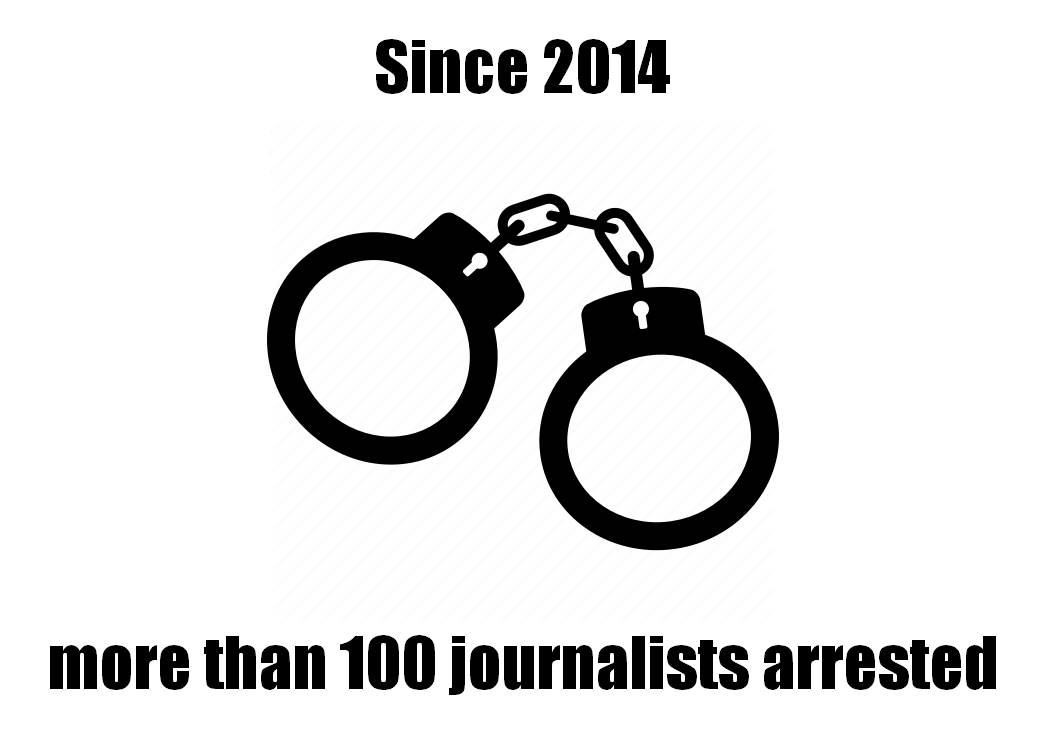
Following arrest, most journalists are detained provisionally for two years or even more although Egyptian law restricts the duration of provisional detention to two years. To get round this, courts open new investigations against them. This is the method used with Mahmoud Hussein, a journalist who has been held without trial since December 2016 and whose only crime was to work for Al Jazeera, the Qatari broadcaster accused by Egypt of supporting the Muslim Brotherhood and of trying to destabilize the country.
In theory, the Egyptian constitution guarantees free speech and press freedom and, on 11 January, foreign minister Sameh Shoukry said, “no journalist in Egypt it subjected to accusations in connection with the freedom of expression.” Instead the Egyptian authorities prosecute journalists on trumped-up terrorism charges that have no direct link to their journalistic work.
One of the world’s biggest jailers of journalists
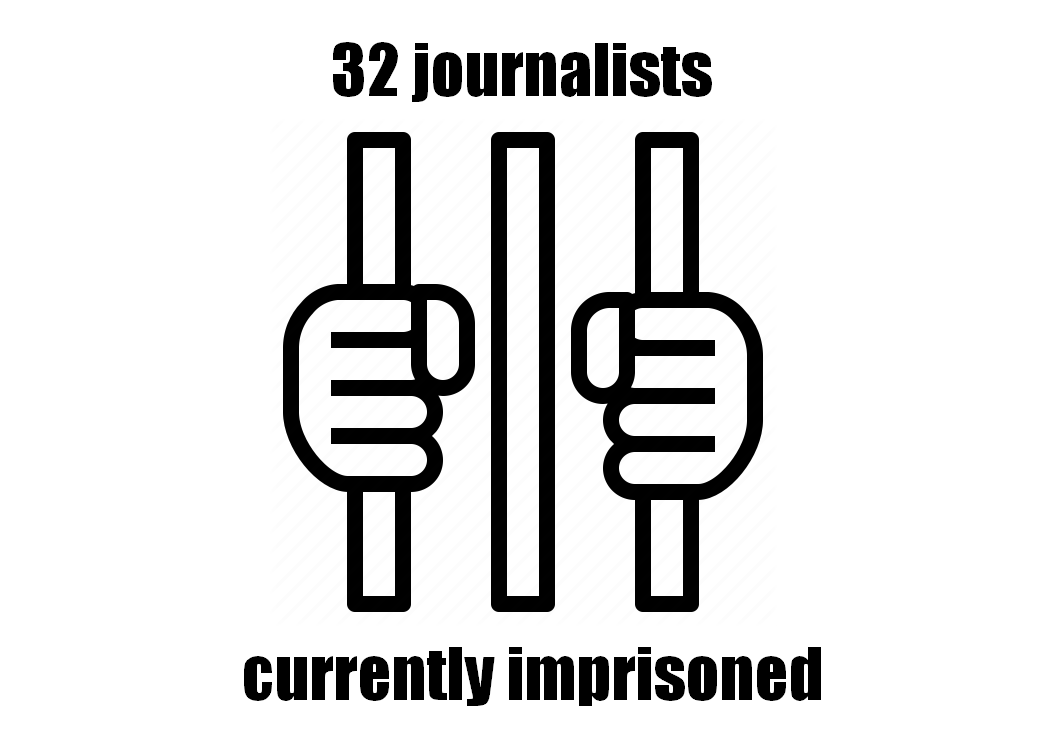
With 32 journalists currently detained, Egypt is now one of the world’s biggest jailers of media personnel, behind only China and Saudi Arabia. Some, such as Esraa Abdel Fattah, a blogger who was particularly prominent during the revolution, have been tortured. Others, such as Al-Shaab editor Amer Abdel Moneim, who is diabetic, have become dangerously ill as a result of being denied appropriate medical care. Freelancer Mohamed Monir did not survive the Covid-19 infection he caught in prison...
Egypt is ranked 166th out of 180 countries in RSF's 2020 World Press Freedom Index.



